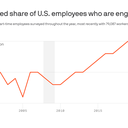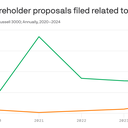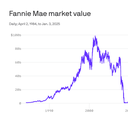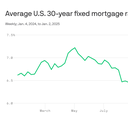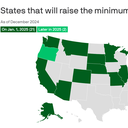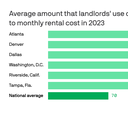American workers' job enthusiasm hits 10-year low
Employee engagement — the involvement and enthusiasm employees feel toward their work and workplace — is at a 10-year low, per a Gallup survey out Tuesday.
Why it matters: Workers had a rough 2024. Many of them felt stuck in jobs as hiring slowed, while others were forced back to the office full-time or felt a spun out by a lot of internal restructuring.
- Research shows that "when organizations have people with clear roles, who have people who care about them, who feel connected to the mission or purpose of the company, where their opinions count, they tend to produce more," said Jim Harter, chief scientist of workplace management at Gallup.
Zoom in: Gallup measures engagement by surveying full-time and part-time workers across 12 measures, including whether they're satisfied with their workplace, know what's expected of them, and feel like they have the opportunity to "do what I do best every day."
The measures that saw the biggest drops versus survey data from before the pandemic in March 2020:
- Fewer employees said they clearly know what is expected of them at work, down 10 points from a high of 56%.
- Only 39% of workers feel strongly that someone cares about them as a person at work, down from 47%.
- Only 30% said that someone encourages their development, down from 36%.
Between the lines: The new data follows a separate report late last year, where Gallup identified a "Great Detachment" with more workers saying they're not satisfied at work and want a new job.
The big picture: Engagement had a good run, rising steadily after the 2008 recession as corporate management improved and leaders realized the importance of culture, Harter said.
- But the pandemic changed everything. Engagement has been falling since 2020 as everyone adjusted to a rapid series of changes in the workplace, from the rise of remote work, to a wave of resignations and hiring, and then a subsequent slowdown.
- "In the last two years or so, there's just been an overwhelming sort of lack of interest in things like employee engagement," said Massella Dukuly, head of workplace strategy at Charter, a future-of-work media and research company.
- The attitude seems to be that workers don't have anywhere else to go in this job market, she said.
💭 Emily's thought bubble: It seems more than coincidental that workplaces became more focused on good management and culture when interest rates were very low and they could afford such luxuries as making sure employees feel valued.
- Perhaps high worker engagement was another ZIRP phenomenon.


